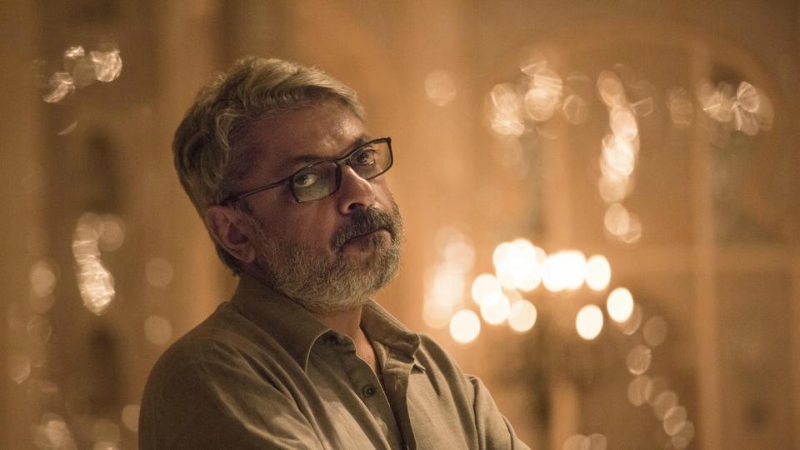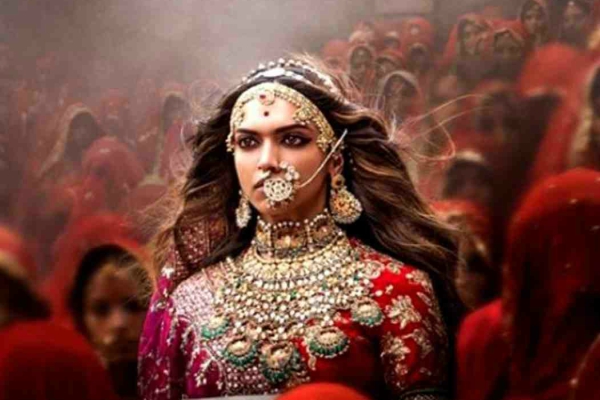
After the release of the controversial Padmaavat, the controversies surrounding it did not wane away. Instead, the release of the movie has given people more to talk about. After Swara Bhaskar’s open letter to Sanjay Leela Bhansali on 27th January, reactions have been pouring in.
Though most of the reactions seem to agree that everyone has a right to their own opinion, not all of them agree with Swara’s statements. Swara, in her open letter, has accused the movie of portraying misogynistic elements, by showing Jauhar. Jauhar was the practice of collective self-immolation by women in certain parts of India, to avoid being enslaved, raped, or harassed by invaders. Swara’s open letter suggests the movie glorifies the historic, barbaric custom.
Not everyone agrees, though. Taapsee Pannu, for instance, believes the movie should be taken as a movie. The portrayal of Jauhar does not indicate the actors support it. Deepika Padukone has commented that Swara must have missed the disclaimers at the beginning of the movie.

On 31st January, Sanjay Leela Bhansali, at last, spoke about Padmaavat in his interview to Mid-Day. Apart from being proud of his movie, he states he has been feeling encouraged to make more movies immediately after seeing the reactions to Padmaavat. He further states that the biggest support to the movie, according to Bhansali, came from the people who went to watch the movie.
In reaction to Swara’s open letter, Bhansali said that Jauhar in the movie is “an act of war”. According to him, the women waged the final war by refusing to be subjugated by the invaders. That was Rani Padmavati’s decision. Bhansali suggests that the film was based on a story in which the character performed Jauhar. He considers it an “empowering thought”. He says that not everyone can agree with his interpretation, but they shouldn’t curtail an artist’s freedom of expression.
Sanjay Leela Bhansali mentions that he doesn’t wish to question the events of the past. Scrutinizing history does seem like a historian’s job, not of filmmakers. Historians are academicians, filmmakers are artists. And artists cannot function without creative freedom.
Swara Bhaskar’s intentions in writing the letter might have been moralistic, feministic, maybe even noble. However, ironically enough, the essence seems to have been lost in the interpretation.





